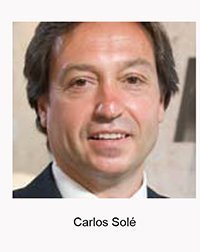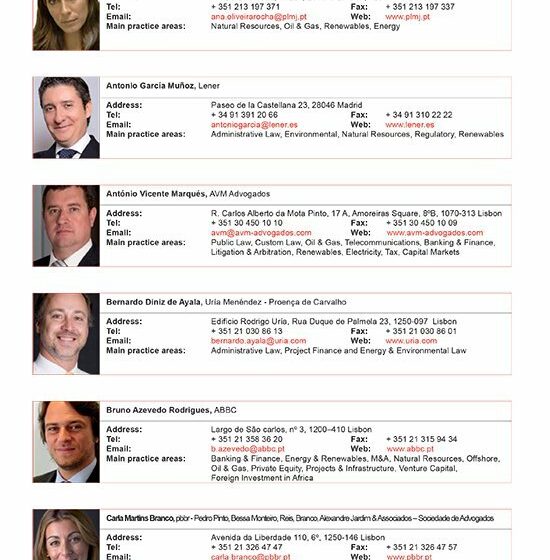Managing disputes in Latin America – KPMG Forensic
Doing business in Latin America is rewarding but, as in many other jurisdictions involving multiparty and complex contractual structures, it represents some challenges that need to be properly assessed and managed, says Carlos Solé, who leads the Energy Regulatory Practice at KPMG Spain.

El desarrollo de un negocio en Lationamérica puede ser muy satisfactorio aunque, como en muchas jurisdicciones, cuando hay múltiples partes y estructuras contractuales complejas, se presentan retos que deben ser cautelosamente diagnosticados y gestionados, dicen Pablo Bernad y Carlos Solé de KPMG Forensic.
With energy one of the tightest of the regulated markets, businesses entering the region must ensure they keep to local regulations, while walking that delicate balance between ‘changing’ and ‘playing by’ the rules.
“It is good to understand Directives and Royal Decrees,” says Solé, “but it is the actual functioning, operation and evolution of regulation that is just as important”. In particular, energy companies need to be aware of what he calls “micro-regulation” – discovering further levels of compliance not immediately obvious.
When it comes to international disputes, risks can range from renationalisation and retroactive regulation, to joint ventures and entering new areas of technology. Countries can set a long-term feed-in-tariff agreement for renewable energy projects and alter in a retroactive way to look at a global tariff reduction for consumers.
Pablo Bernad, Head of KPMG Forensic and Risk Consulting, Europe and Solé are advising a growing number of Spanish businesses on disputes with Latin America governments. These range from expropriations, nationalisations and long-term contracts amendments to retroactive changes in regulation, having a huge impact on a company’ performance and business model.
In such cases, companies need to go beyond establishing the legal facts. “They need to explain how the regulation affected the economics of the business and also show the quantity of losses or value,” says Bernad, “and demonstrate, in clear regulatory and financial terms, the strength of their case.” To this end, a multinational firm showing wide and depth geographical network coverage makes life easier for these companies as they can put together a strong team quickly and efficiently, duly reinforced by necessary experts.
Bernad and his forensic team assist clients acting as expert witnesses and, among many others, assessing the true value of investments, plus, of course, actual or potential loss of profits, loss investments and other types of economic damages. He has seen rising commercial disputes, as well as investment arbitrations, focusing on long-term contracts, such as off-take or exploration agreement for oil and gas projects. “The current economic environment means that businesses don’t want long, costly court proceedings and there is an increasing desire to reach early settlements in disputes.”
It is no surprise that they are increasingly advising on arbitrations or when parties are seeking settlement, providing the so-called ‘early case assessment’. Bernad, was in fact recently appointed by the ICC as Vice Chairman of the Centre of Expertise – the first Spanish Expert to be recognised in this role – while both Sole and himself are regular expert witnesses during major international arbitrations.
The increasing complexity of cases is putting further scrutiny on this role, explains Bernad. “Credibility and independence are required, plus the skills to give evidence in such a way as to ensure any message is delivered accurately.”












